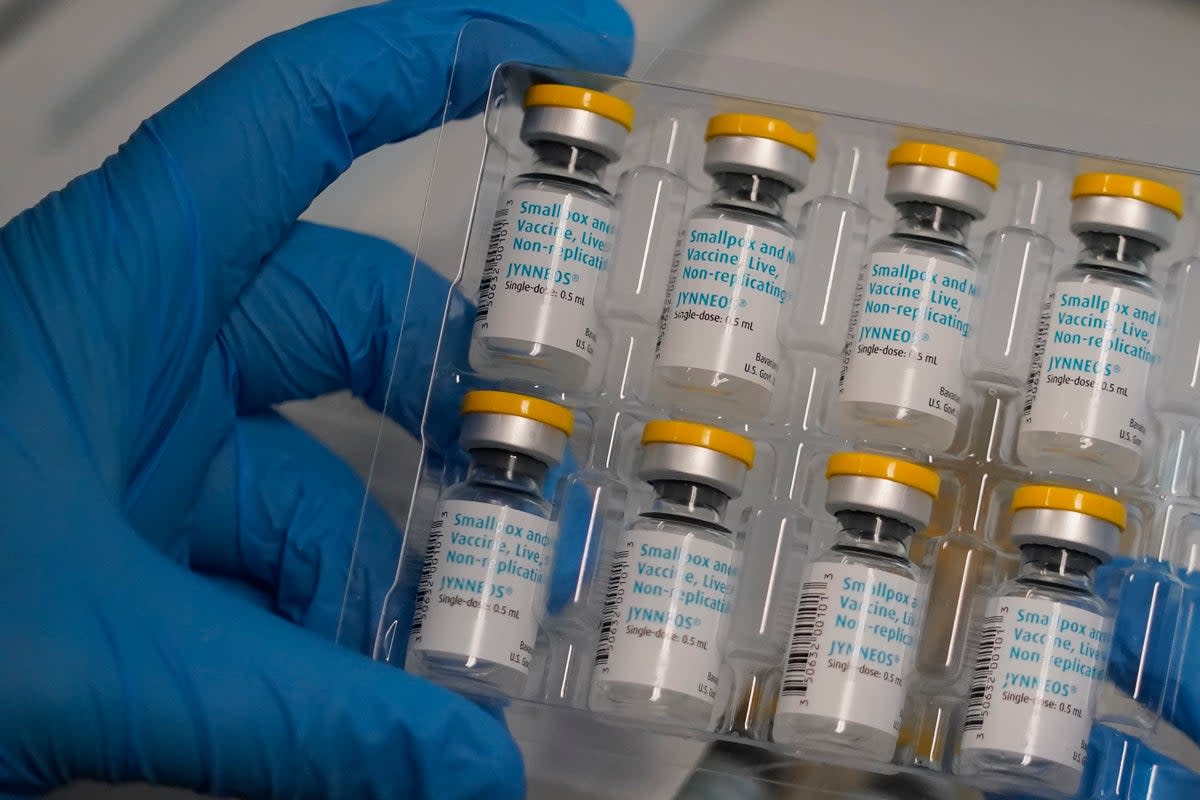Spain and Brazil report first monkeypox deaths outside Africa

Brazil reported the first monkeypox-related death outside the African continent on Friday, shortly before Spain confirmed Europe’s first known fatality.
According to the Brazilian health ministry, the victim was a 41-year-man, who also suffered from lymphoma and a weakened immune system.
“The comorbidities aggravated his condition,” it said.
The patient was hospitalised in the southeastern city of Belo Horizonte. He died from septic shock after being taken to the intensive care unit.
The Spanish authorities did not immediately release details of the person who died from the disease.
Ahead of Friday’s reports, only five confirmed monkeypox deaths – all in Africa – had been logged by the World Health Organisation (WHO).
It comes less than a week after the WHO declared the current monkeypox outbreak ripping through Europe and the Americas as a global health emergency.
The emergency declaration defines the outbreak as an “extraordinary event” that threatens to move into other countries and requires a coordinated global response.
Brazil, the United States and Canada are the areas most affected in the Americas by the monkeypox outbreak, where more than 5,000 cases have been reported, according to the Pan American Health Organisation (PAHO).
Meanwhile, the UK Health Security Agency (UKHSA) reported 2,367 confirmed and 65 highly probable monkeypox cases in Britain up to 25 July 202 – a total of 2,432 cases.
To expand the UK’s capability to detect monkeypox cases, the UKHSA said that some NHS laboratories are now testing suspected monkeypox samples with an orthopox polymerase chain reaction (PCR) test.
Orthopox is the group of viruses that monkeypox is part of.
Since 25 July 2022, the monkeypox case definition recognises those who are orthopox-positive as highly probable cases, and those who test positive on a monkeypox PCR test as confirmed cases.
Dr Sophia Makki, National Incident Director at UKHSA, said: “Monkeypox cases continue to rise, with the virus being passed on predominantly in interconnected sexual networks.
“Before you have sex, go to a party or event, check yourself for monkeypox symptoms, including rashes and blisters. If you have monkeypox symptoms, take a break from attending events or sex until you’ve called 111 or a sexual health service and been assessed by a clinician.
“Vaccination will further strengthen our monkeypox response and so we urge all those who are eligible for the vaccine to take it up when offered. It will help protect yourself and others you have had close contact with.
“While the infection is mild for many, it can cause severe symptoms and hospitalisation in some.
“The NHS will provide the vaccine to those eligible, so please wait until you are contacted.”

